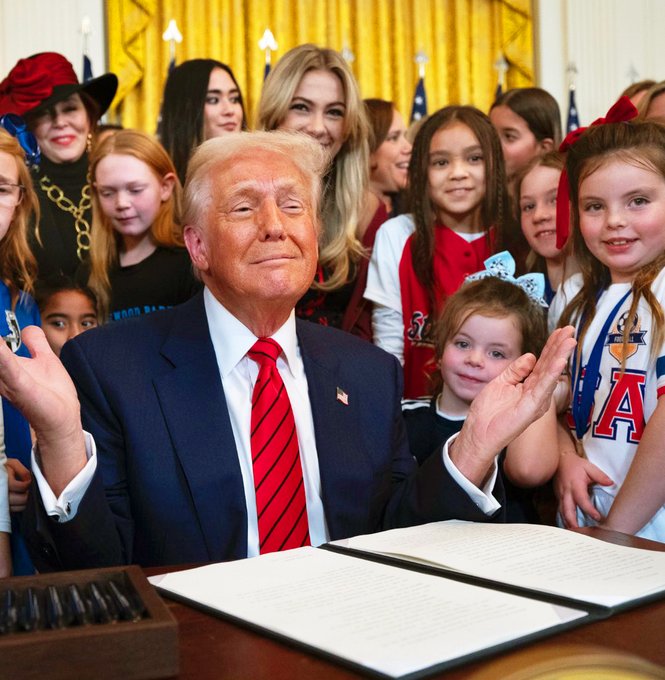In a 93-page decision, U.S. District Judge Aileen Cannon, a Trump nominee, dismissed the case against former President Donald Trump on Monday.
The judge cited the illegality of special counsel Jack Smith’s appointment and funding as grounds for her ruling. “The clerk is directed to close this case,” Cannon wrote unequivocally.
The decision coincided with the start of the Republican National Convention and followed an assassination attempt on Trump over the weekend.
Trump responded positively to the ruling, linking it to the recent shooting incident, and indicated his belief that other criminal cases against him should also be dismissed. According to a source close to him, Trump was “surprised” but “very happy” with Cannon’s decision.
Requests for comment from the White House regarding the dismissal of the Trump classified documents case were referred to the Department of Justice. As of now, responses from the Justice Department, the special counsel’s office, and the Trump campaign are awaited. Attorney General Merrick Garland had appointed Smith as special counsel in November 2022, assigning him the task of overseeing federal investigations into Trump’s handling and retention of classified documents post-presidency, as well as his actions related to the 2020 presidential election results.
In February, Trump’s legal team argued in court filings that the Attorney General lacked constitutional authority to appoint Jack Smith as special counsel without Senate confirmation, asserting Smith’s status as a private citizen and political ally precluded him from wielding prosecutorial power. In response, Smith’s team contended that the Attorney General possessed statutory authority to appoint “inferior officers,” a power affirmed by precedent involving previous special counsels like Robert Mueller and David Weiss.
Cannon’s recent decision to dismiss the case against Trump underscored the unlawfulness of Smith’s appointment compared to Weiss’s, who held prior office as a U.S. attorney. This ruling allows Smith to appeal to the 11th Circuit U.S. Court of Appeals, potentially influencing the outcome of Trump’s ongoing legal battles, including the federal election interference case. However, any resolution before the upcoming election appears unlikely.
Separately, the Supreme Court’s recent immunity ruling in Trump’s favor further complicates ongoing proceedings. The ruling necessitates a determination by Judge Tanya Chutkan regarding which actions constitute official presidential acts, impacting both federal and state cases against Trump.
Trump’s legal challenges extend beyond federal courts, with implications also affecting state cases, such as the one in Georgia, currently on hold pending further appellate review. Despite previous convictions and pending sentencing in New York, Trump’s attorneys continue to contest the validity of evidence related to official presidential acts, arguing for potential case dismissals or retrials.
Justice Clarence Thomas’s concurring opinion highlighted potential constitutional concerns over Smith’s appointment, emphasizing the absence of statutory establishment for the special counsel’s office. Despite this, Smith’s office remains confident in its statutory basis for appointment, dismissing Thomas’s opinion as non-binding and asserting unanimous judicial support for the Attorney General’s appointment authority.



